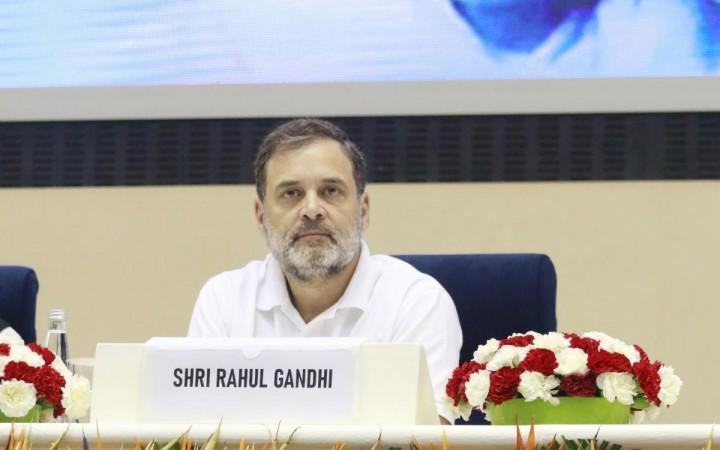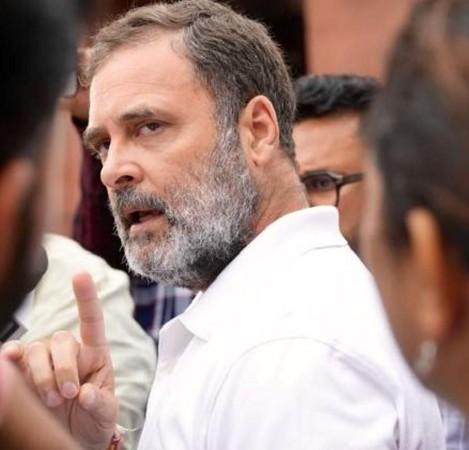
The Supreme Court of India has recently taken a firm stance against Congress leader Rahul Gandhi for his controversial comments regarding the Indian Army. These remarks, made during the Bharat Jodo Yatra, have ignited a significant legal and political debate, highlighting the tension between freedom of speech and national security.
The controversy began when Gandhi allegedly stated, "Chinese troops are thrashing Indian Army soldiers in Arunachal Pradesh," referring to a face-off in the Tawang sector on December 9, 2022. This statement, along with his claim that 2,000 square kilometers of Indian territory had been occupied by China, led to a criminal defamation case against him.
The Supreme Court, led by Justices Dipankar Datta and Joymalya Bagchi, expressed strong disapproval of Gandhi's comments. Justice Datta questioned the basis of Gandhi's claims, asking, "How do you know that 2,000 square kilometers of Indian territory were occupied by the Chinese? Were you there? Do you have any credible material? If you were a true Indian, you would not say all this."
The court's criticism extended to Gandhi's choice of platform for his remarks. Justice Datta inquired, "Whatever you have to say, why don't you say it in the Parliament? Why do you have to say this in social media posts?" This line of questioning underscores the court's concern over the use of social media for making potentially inflammatory statements, especially by public figures.
Representing Gandhi, Senior Advocate Abhishek Manu Singhvi argued that it would be detrimental to democratic discourse if opposition leaders were not allowed to raise critical issues.

Singhvi stated, "If he can't say these things which are published in the Press, he can't be a leader of opposition." However, the court remained unconvinced, emphasizing the need for responsible speech, particularly when it involves national security. The legal proceedings against Gandhi were initiated by Udai Shankar Srivastava, a retired Director from the Border Roads Organisation. Srivastava alleged that Gandhi's statements were "false and baseless," intended to "demoralise the Indian Army" and damage national morale.
The Allahabad High Court had earlier dismissed Gandhi's plea to quash the criminal defamation case, ruling that even a third party can be considered an "aggrieved person" if they are harmed by defamatory remarks. The Supreme Court has agreed to examine Gandhi's plea, which raises the issue of mandatory notice to the proposed accused at the pre-cognisance stage. In the meantime, the court has granted interim relief to Gandhi against the summoning order issued by the Lucknow court. This decision temporarily halts the proceedings, providing Gandhi with a reprieve as the legal process unfolds.
The case has drawn reactions from various political quarters. Shiv Sena and Janata Dal (United) leaders have urged caution, emphasizing the importance of exercising restraint and wisdom in public statements. K.C. Tyagi of JD(U) remarked on the need for Gandhi to reflect on his preference for addressing the Press over participating in parliamentary debates, suggesting that it reflects poorly on his role as Leader of Opposition. The controversy also brings to light historical tensions between India and China, particularly the 2020 Galwan Valley clash. This incident, one of the most serious confrontations between the two countries in decades, involved violent clashes at multiple sites along the Line of Actual Control (LAC).
The legal proceedings are ongoing, with the Supreme Court set to examine the merits of Gandhi's plea. As the case unfolds, it will likely continue to be a focal point of political and legal discourse in India, reflecting the challenges of maintaining democratic principles in a rapidly evolving geopolitical landscape.
Related

















